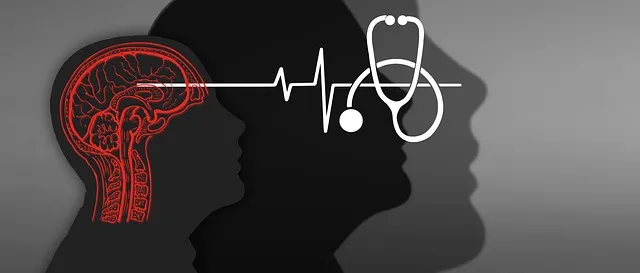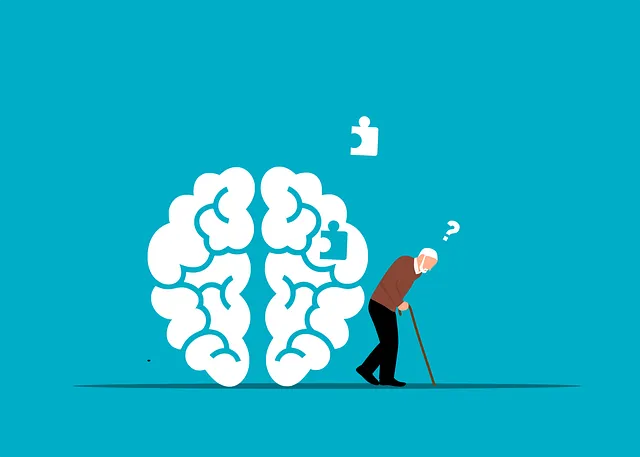The Kaiser Permanente behavioral health center in Broomfield prioritizes peer-to-peer group facilitation for community building and mental health support. Facilitators employ tailored techniques like self-care practices, mind over matter principles, and mental wellness journaling exercises to empower individuals' healing and recovery. The center's Community Outreach Program ensures accessibility and inclusivity, directly providing mental wellness support to diverse Broomfield communities. Effective group facilitation creates safe, non-judgmental spaces through open dialogue, active listening, and non-verbal cues, fostering supportive interactions and tailored coping strategies.
Mental wellness group facilitation plays a vital role in enhancing individuals’ well-being, and the Kaiser Permanente Behavioral Health Center Broomfield stands as a beacon of support. This article delves into the art and science of facilitating effective mental wellness groups, drawing from the center’s proven strategies. We explore key techniques to foster supportive environments, offering valuable insights for facilitators aiming to create transformative group experiences. Discover how these methods enhance engagement and promote healing at the Kaiser Permanente Behavioral Health Center Broomfield and beyond.
- Understanding Mental Wellness Group Facilitation at Kaiser Permanente Behavioral Health Center Broomfield
- Key Techniques for Effective Group Sessions
- Creating a Supportive Environment: Tips and Strategies for Facilitators
Understanding Mental Wellness Group Facilitation at Kaiser Permanente Behavioral Health Center Broomfield

At Kaiser Permanente Behavioral Health Center Broomfield, mental wellness group facilitation plays a pivotal role in fostering community and enhancing mental health support. This healthcare center recognizes the power of peer-to-peer connection and group dynamics to promote healing and recovery. Facilitators here employ diverse techniques tailored to cater to the unique needs of individuals seeking support.
The center’s approach emphasizes not just treatment but also self-care routine development for better mental health. Through engaging discussions, activities, and shared experiences, members learn mind over matter principles that empower them to navigate life’s challenges. Furthermore, their innovative Community Outreach Program Implementation initiatives ensure accessibility and inclusivity, bringing mental wellness support directly to the hearts of Broomfield’s diverse communities.
Key Techniques for Effective Group Sessions

Effective group facilitation for mental wellness at centers like Kaiser Permanente behavioral health center Broomfield requires a blend of key techniques to foster engaging and therapeutic sessions. Firstly, Communication Strategies are vital; encouraging open dialogue, active listening, and non-verbal cues promote safe spaces where members feel comfortable sharing their experiences. This creates a supportive environment, enhancing the quality of interactions.
Additionally, incorporating Self-Care Practices and Mental Wellness Journaling Exercise Guidance can significantly impact session outcomes. Journaling exercises help individuals process thoughts and emotions, while group discussions around self-care practices enable members to learn from one another, gain new insights, and develop coping strategies tailored to their unique needs. These techniques collectively contribute to a dynamic and impactful group facilitation experience at Kaiser Permanente behavioral health center Broomfield.
Creating a Supportive Environment: Tips and Strategies for Facilitators

Creating a supportive environment is pivotal to effective group facilitation, especially at a Kaiser Permanente behavioral health center in Broomfield. Facilitators should prioritize building a safe and non-judgmental space where participants feel comfortable expressing their thoughts and emotions. This involves establishing clear ground rules, ensuring confidentiality, and promoting active listening among group members. Incorporating icebreakers and interactive activities can help foster connections and create a sense of community.
Additionally, facilitators should be adept at managing dynamics and addressing potential conflicts within the group. Regularly assessing the mood and needs of participants through feedback mechanisms enables facilitators to adapt their approach accordingly. By implementing these strategies, mental health professionals can design engaging Mental Health Education Programs that facilitate meaningful discussions, enhance risk management planning, and conduct comprehensive risk assessments for all involved.
Mental wellness group facilitation plays a pivotal role in fostering community and enhancing well-being, as exemplified by the successful programs at the Kaiser Permanente Behavioral Health Center Broomfield. By employing key techniques like active listening, open communication, and creating safe spaces, facilitators can effectively support individuals navigating mental health challenges. Adopting strategies to foster a supportive environment is crucial for building trust, encouraging participation, and promoting healing within group settings. These techniques not only improve individual outcomes but also contribute to a more resilient and connected community overall, reflecting the core values of centers like Kaiser Permanente Broomfield.






